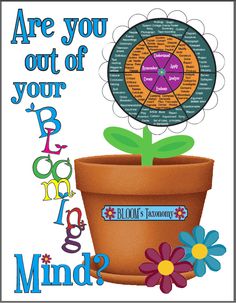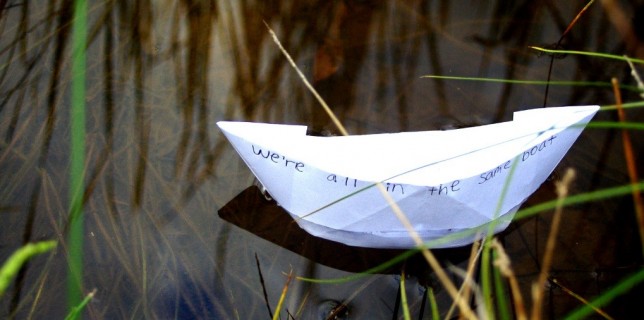On the Road Again…

On the road again…in my head I always hear that Willie Nelson song as I start for the airport. This fall I think I will be hearing that tune a lot as my travel schedule got a little crowded somehow. My first trip was to the CREATE conference in Louisville, KY. It was my first time to this conference and I really enjoyed sessions. One of my favorites was a keynote speaker, Dr. John Fischetti, Professor and Dean of the School of Education at the University of Newcastle, Australia. Dr. Fischetti spoke about the challenges higher education faces in the future. He gave a great analogy about approaching complex problems from a different perspective. The analogy was about the race to the moon in the 1960’s and the problem that NASA was having with finding rocket boosters strong enough to push the capsule out of orbit. They never did come up with a rocket booster that could accomplish that task, Continue reading On the Road Again…






